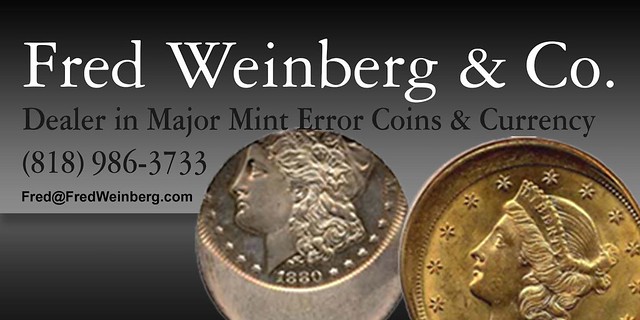
PREV ARTICLE
NEXT ARTICLE
FULL ISSUE
PREV FULL ISSUE
VOCABULARY TERM: ENGRAVERS' BALLDick Johnson submitted this entry from his Encyclopedia of Coin and Medal Terminology. Thanks. -Editor
 Every hand engraver uses an engravers’ ball, his most useful tool. As a vise on a swivel it provides the engraver control of the die, hub, or medal he is engraving. By shifting the pressure with his hand while he cuts with a burin or other cutting tool, the piece moves where he wants it. Engravers' Ball, Engravers' Block. A vise to hold a die or medallic item while some form of hand work is performed on it – engraving, chasing, inscribing, proof polishing or such. In its simplest form an engravers' ball is a metal sphere with a channel cut in the top with one or more set screws on one side of the channel to lock the work against the opposite side of the channel. Sizes range from 4-inch to 12-inch spheres. They would rest on a solid leather pad, or doughnut-shaped leather ring pad, or more recently, a nylon or felt ring pad. The spherical shape allows the ball to easily move in any direction at the engraver's demand. By such swivel action the operator could engrave in easy motions or set the work in one position. One ingenious hand engraver, Neil Hartleip, of Fairmont, Minnesota, attached his engravers ball to a potter’s wheel and thus was able to control the direction the ball turned by foot pressure on the potter’s wheel mounted below his engraver’s bench. A leather bag filled with sand, forming a cushion, and called an ENGRAVER'S PAD was the earliest form for supporting engraving work; this was preferred by copperplate engravers for the ease of working a flat plate more so than any kind of vise that held the plate in one fixed position. Such sand bags are still used today for embossing and repoussé work. Modern engravers' balls are chromium plated vises to hold any work 5-inches or smaller. Engravers' blocks are more precision tools than the simple ball. They have adjustable jaws
with a plate on the top of each jaw for mounting pins and dozens of attachments for holding a variety of work. The pins are notched and attachments include extension arms for locking in odd-shaped or
pieces larger than 5-inches.
Ever wonder about those CLASS numbers (highlighted in red above) included with Dick's encyclopedia entries? Dick adds some background this week. Thanks! -Editor
At the end of every entry in this Encyclopedia is the word CLASS followed by two figures, a period, and one or two figures. In compiling this work I discovered entries are related to other entries. In fact I learned the entire list can be divided into 14 groups of related terms. I numbered these from 01 to 14: 01 -- Physical Forms
Each of these (except 01 and 14) have multiple sub-classes. In upcoming E-Sylum issues I will reveal these categories.  Wayne Homren, Editor The Numismatic Bibliomania Society is a non-profit organization promoting numismatic literature. See our web site at coinbooks.org. To submit items for publication in The E-Sylum, write to the Editor at this address: whomren@gmail.com To subscribe go to: https://my.binhost.com/lists/listinfo/esylum All Rights Reserved. NBS Home Page Contact the NBS webmaster 
|
